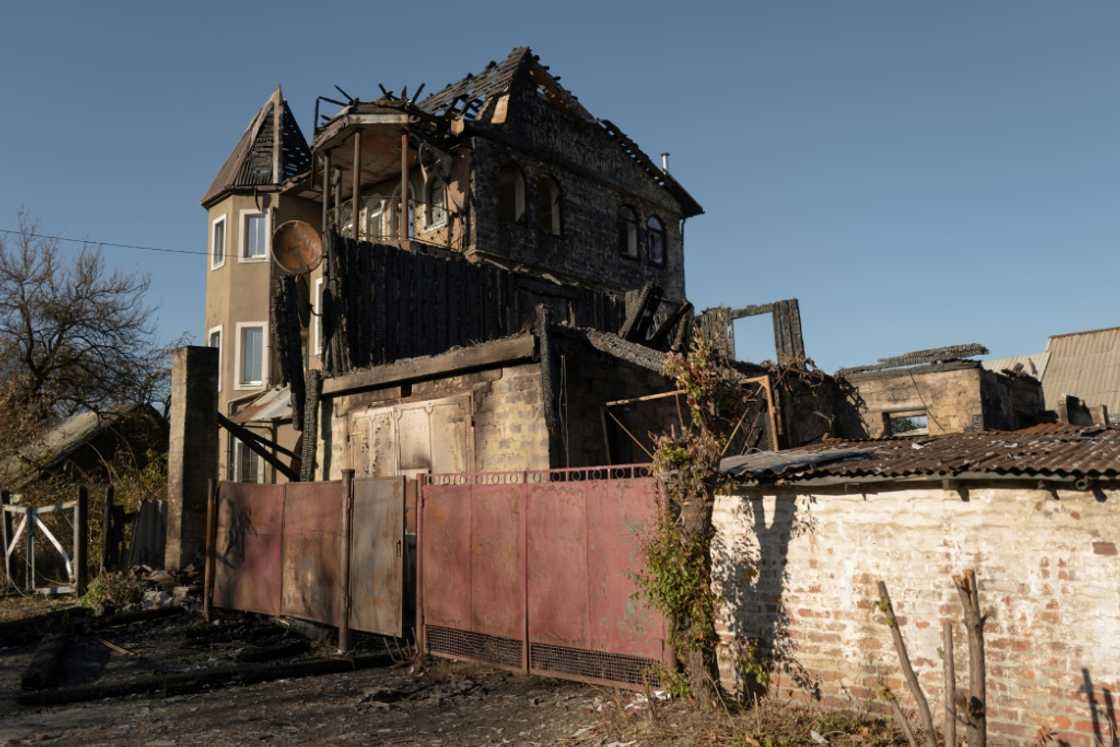IMF, Ukraine, reach agreement on $1.1 bn loan disbursement

Source: AFP
The IMF said Tuesday that it has reached agreement with Ukraine on a loan program review that paves the way for an additional $1.1 billion in much-needed funds.
The swift agreement, which comes just over two months after the last one, will provide Ukraine with a large injection of funds amid Russia's ongoing assault on the country, which entered its 1000th day on Tuesday.
It should also ensure Kyiv receives the money before US President-elect Donald Trump takes office in January.
The Republican has repeatedly promised to end the war, but has not provided details of how he would do so, raising concern among US allies that Ukraine may have to concede significant amounts of its territory to Russia.
The International Monetary Fund's program "continues to provide a strong anchor for the authorities' economic program in times of exceptionally high uncertainty," IMF Ukraine mission chief Gavin Gray said in a statement Tuesday at the end of a week-long visit to the country.
"Program performance remains strong thanks to the authorities' prudent policies, with all quantitative performance criteria for end-September met, as well as the structural benchmarks due for this review," he added.
The IMF's four-year program is worth more than $15 billion.
Assuming the IMF executive board approves the sixth review, which it will likely do in the coming weeks, it would bring the total amount disbursed to around $9.8 billion, roughly two-thirds of the total.
The IMF said it expects Ukraine's real GDP growth to hit four percent this year, before slowing to between 2.5 percent and 3.5 percent in 2025, "reflecting headwinds from energy infrastructure damage and labor shortages."
Inflation in the country accelerated to 9.7 percent year-on-year in October, and gross international reserves reached $36.6 billion at the end of last month, "supported by continued large external official support," it added.
But the IMF warned that "risks remain exceptionally high given uncertainty on the intensity and duration of the war, including from the continued attacks on energy infrastructure."
Source: AFP



